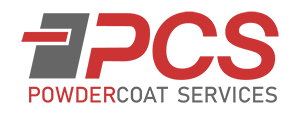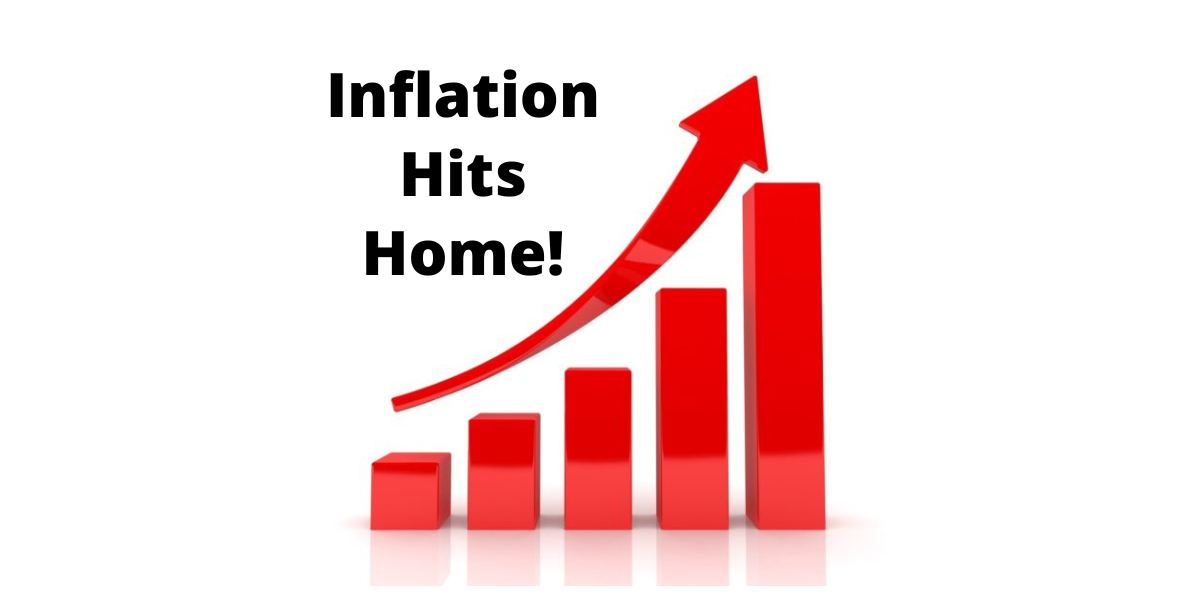A note from our CEO, Ravi Rao:
We hear it in the news every day, whether you go to the gas pump or the grocery store, or if you are a purchasing manager for a small company or General Motors – prices are up and inflation has permeated every facet of our lives, the world over. We can point to the pandemic first, having caused a significant impact on supply chain. ‘Supply Chain’ is a broad definition and encompasses global to local issues, depending on what part of the chain you are referring to.
The best example would be a Target or Walmart – purveyors of the best run just-in-time (JIT) supply companies in the world. They source (have it manufactured) and transport via truck, ship, train and again by truck from the far corners of the earth to a distribution center closest to the markets they serve – all performing as a fine-tuned instrument. The object is to create the shortest time from origin to a sale – converting purchase to sale and conversion to cash, profitably. This ‘JIT’ plan took years to refine with highly selective suppliers and vendors along every link in this chain, that performed efficiently to allow everyone in the ‘supply chain’ to be profitable. It took the pandemic a short few days or weeks to wreak havoc and dismember this chain – not just for Target or Walmart but every business on earth.
While politicians point fingers at each other, even they are mystified and most times uninformed. However, the reader of this note will quickly understand the pain, the broken chain has caused them, as they are living with it every day.
Imagine, a shut down like we had in California. Never before had we experienced anything like it. Come April of 2020, citizens had to work for ‘essential’ companies to be able to go to work. Many left the workforce to get out of the rut and got used to a ‘no commute’ world, especially in SoCal. As the pandemic festered and governments struggled to figure out what they should do, the entire world had stops and starts. In this climate, if you were making a product in the B2B chain or for the consumer, you were most affected.
This dysfunction translated into low production. Supply dropped drastically, and even as demand slowed it did not slow at the same pace. Even the oil rigs and refineries had the same disruption, especially in staffing. As demand grew back and supply could not keep up, prices increased in almost every segment of industry.
Global oil prices and the retail gas prices at the pump were rising even before the war in Ukraine artificially disrupted global oil supply. Supply shortage now is a result of embargos and other geo-political matters which exacerbated the problem and impacted prices even higher. Demand was expanding rapidly after what seemed like a whiplash with every American getting over the pandemic malaise and out spending even as prices kept rising. Yes, inflation is up, but whoever you decide to blame, the culprit has been the constraints in supply whether it is a chip in making a car or gas prices which is the major cause of every item that needs to get from source to you, at the store.
Finally, labor costs have skyrocketed. Not only did minimum wage go up, competition for a small pool of available labor made it worse. Labor costs for the same numbers in employee count, has gone up 35% for a company like ours, since the pre-pandemic year.
Every supplier, from packaging material to powder supplier have increased prices substantially (some at 100%) for various reasons and with every purchase we are paying a new price. It is unpredictable and volatile. Most recently we received the following letter from a supplier who shall remain anonymous.
“Dear Madam/Sir,
Thank you for being a valued powder coatings customer. We understand the challenges inflationary conditions are placing on your business and have been working to keep costs as low as possible through this unprecedented time. Unfortunately, we are experiencing further significant cost increases from our key raw materials suppliers.
Price increases in PIA, PTA and Adipic Acid (the main ingredient in polyester coatings) are a result of all refined petrochemicals and natural gas surging, and since December, average PTA, Benzene and Mixed Xylene prices (all key primary feedstocks for the Coatings industry) are up between 90%-100% (see charts below).
Due to these circumstances, we are implementing a price surcharge on all orders containing polyester resins shipped on or after August 15th, 2022. This surcharge will be reviewed on a monthly basis and adjusted as necessary.”



